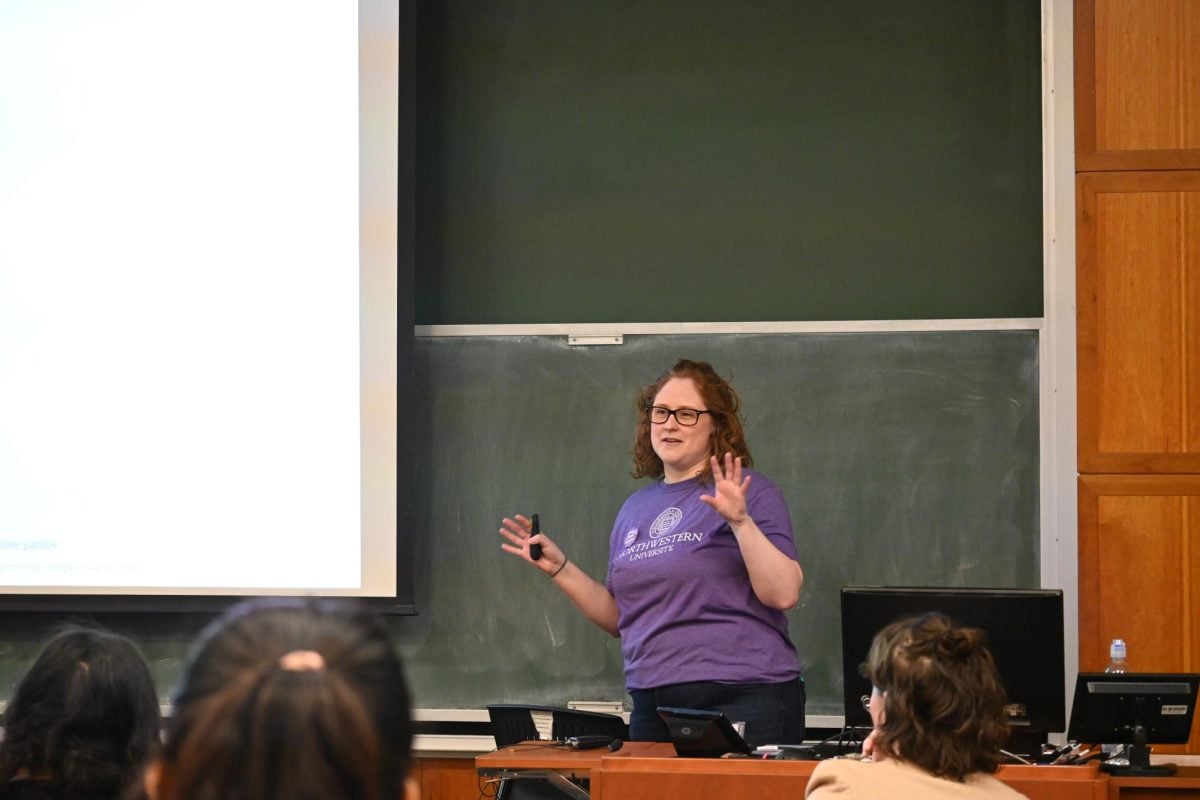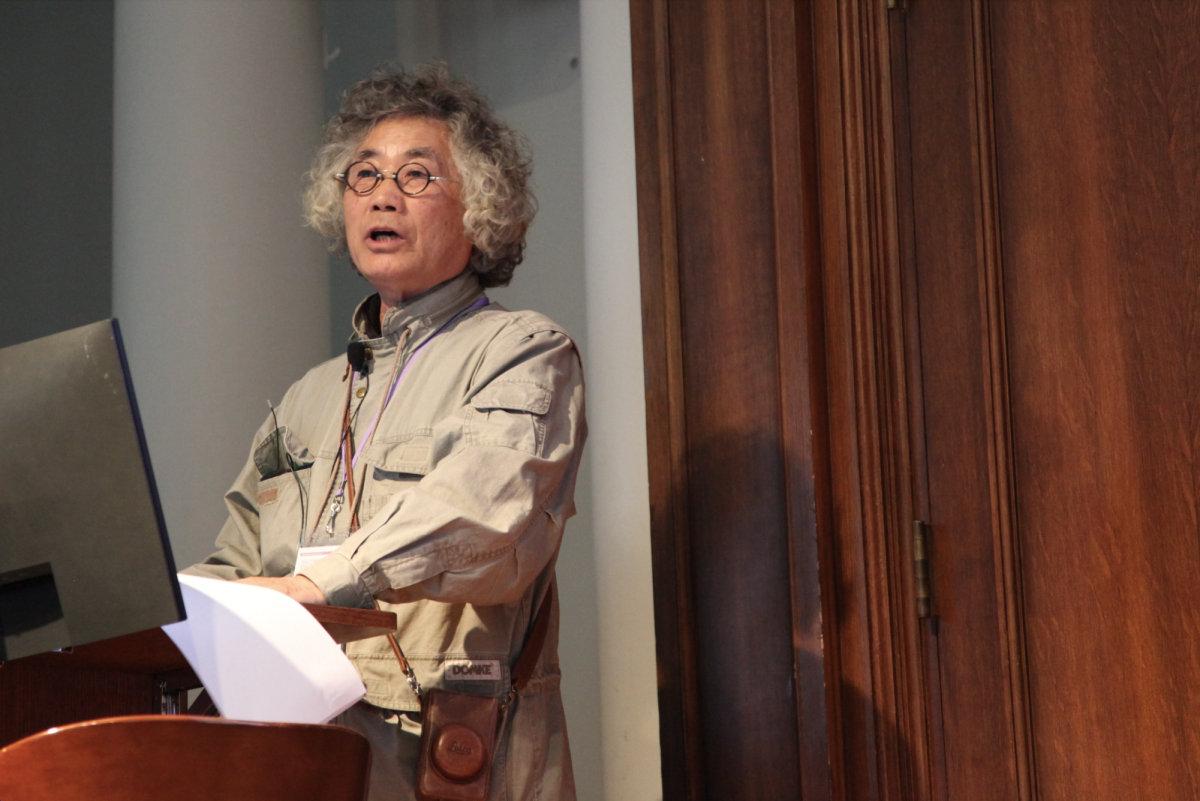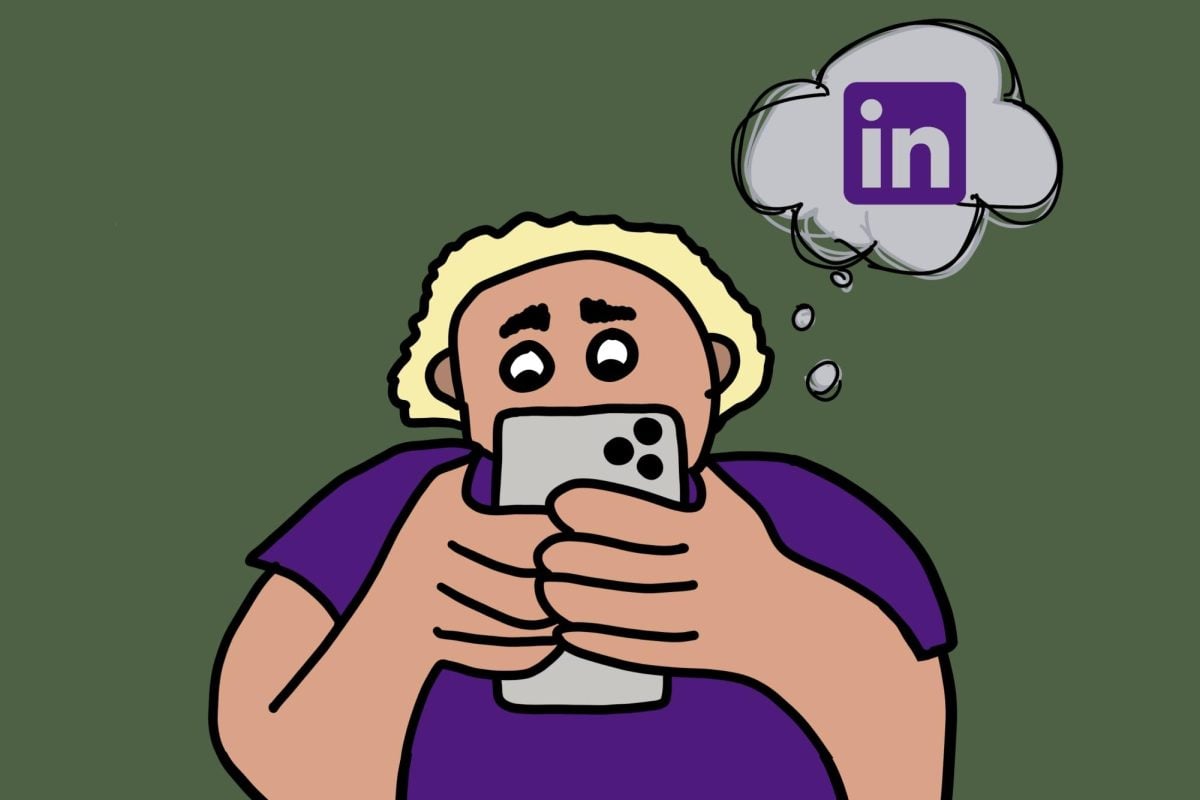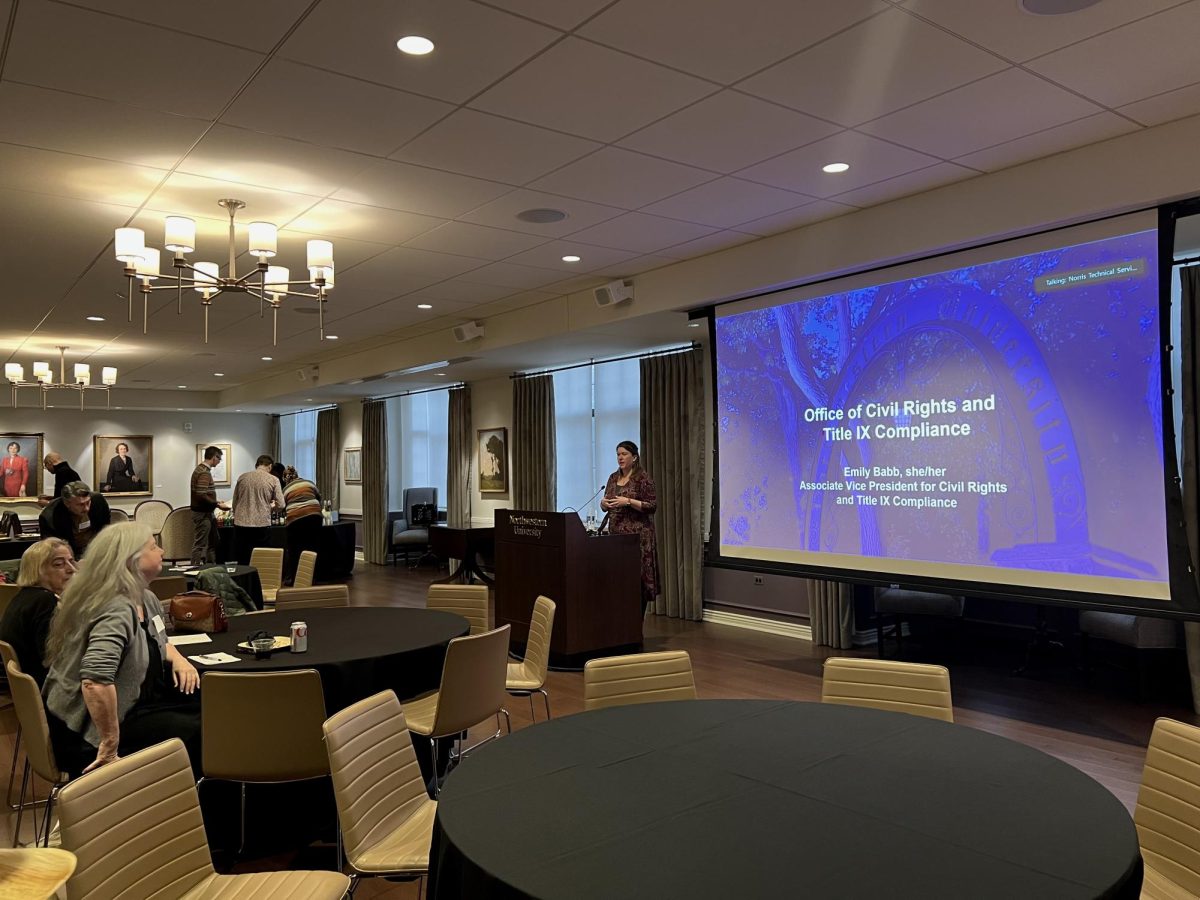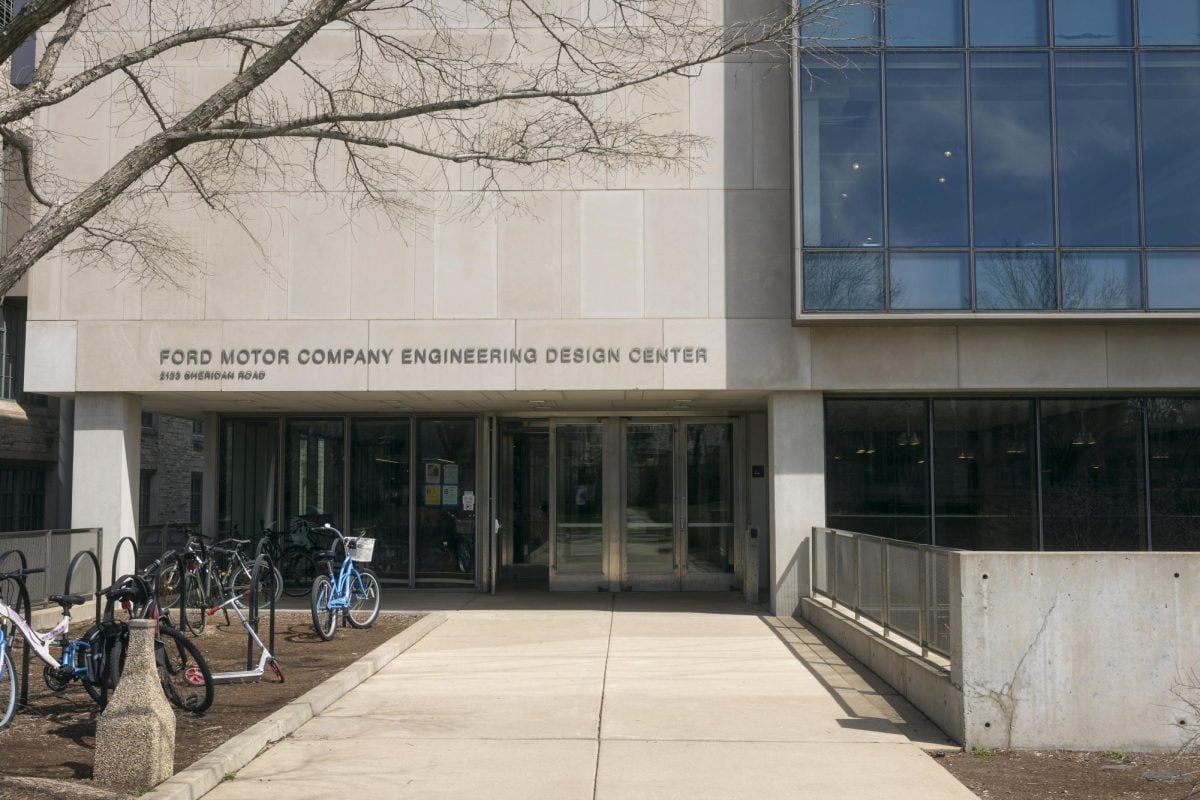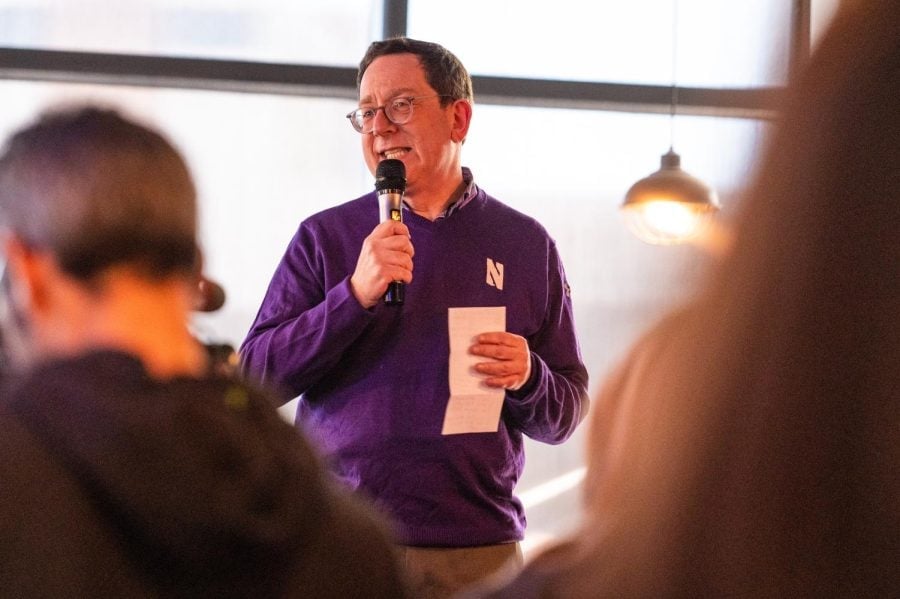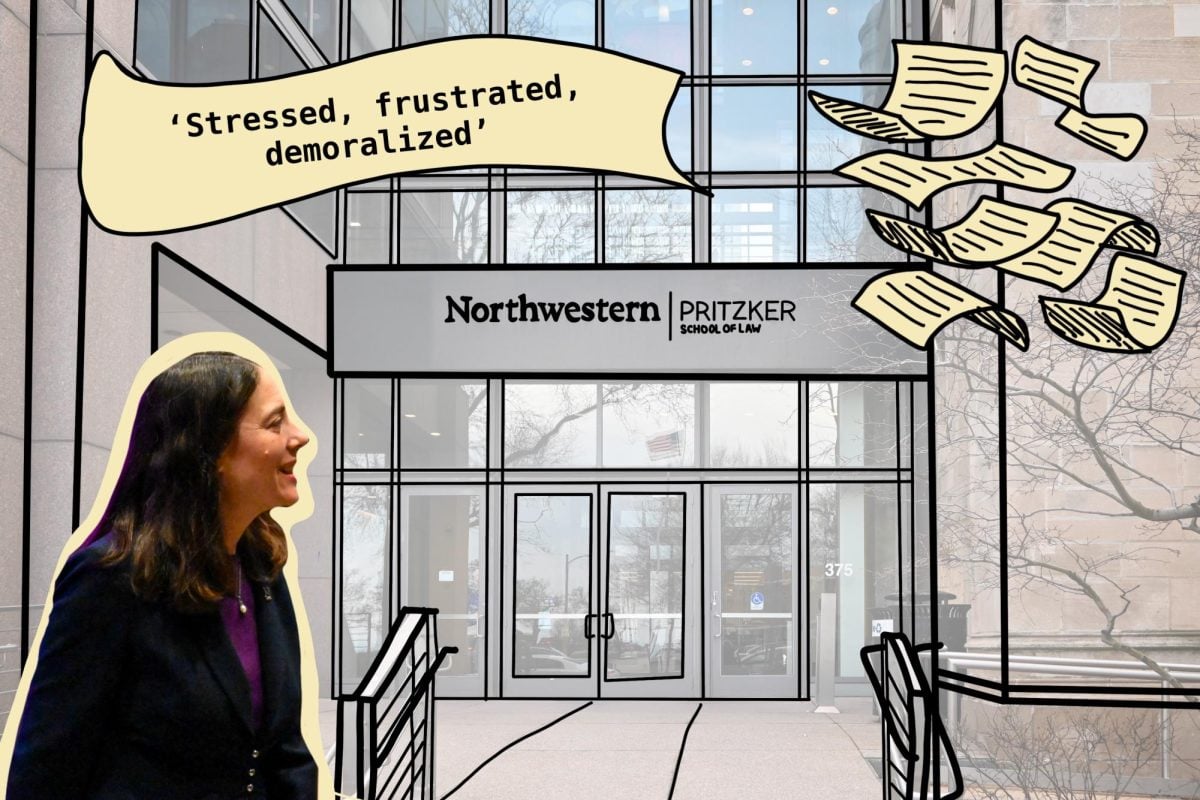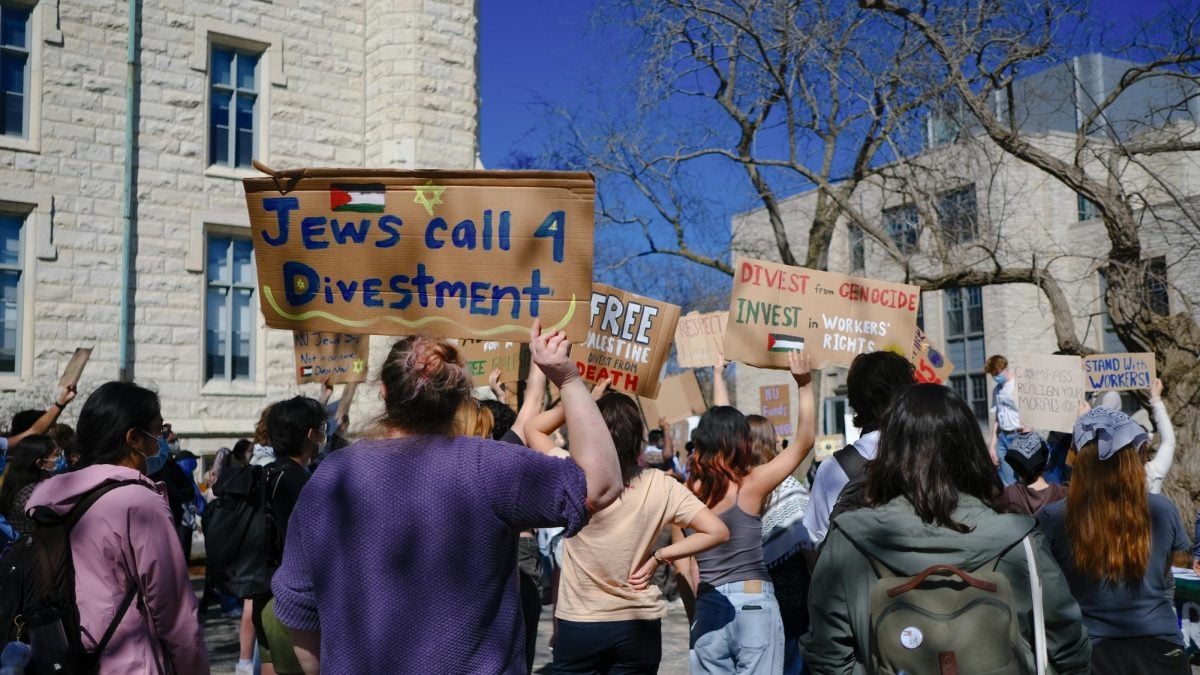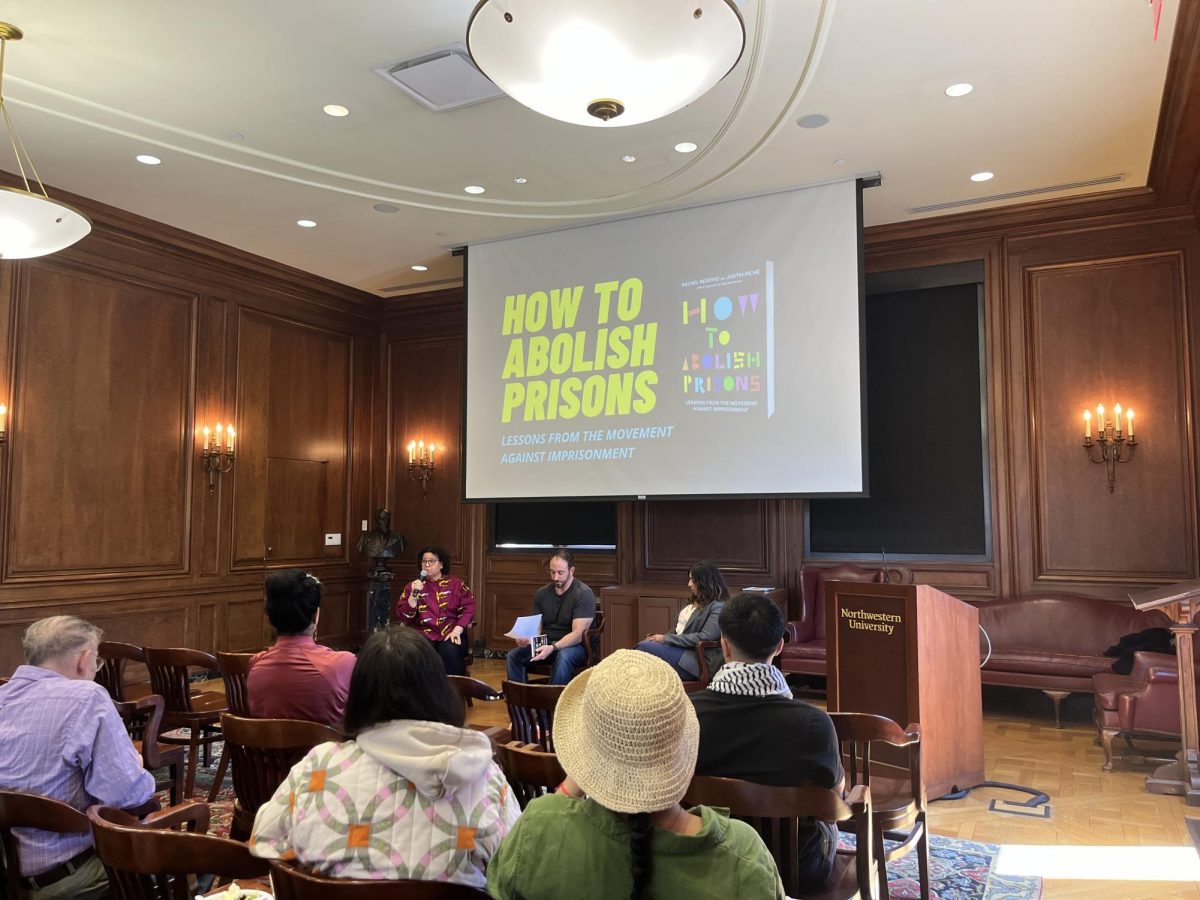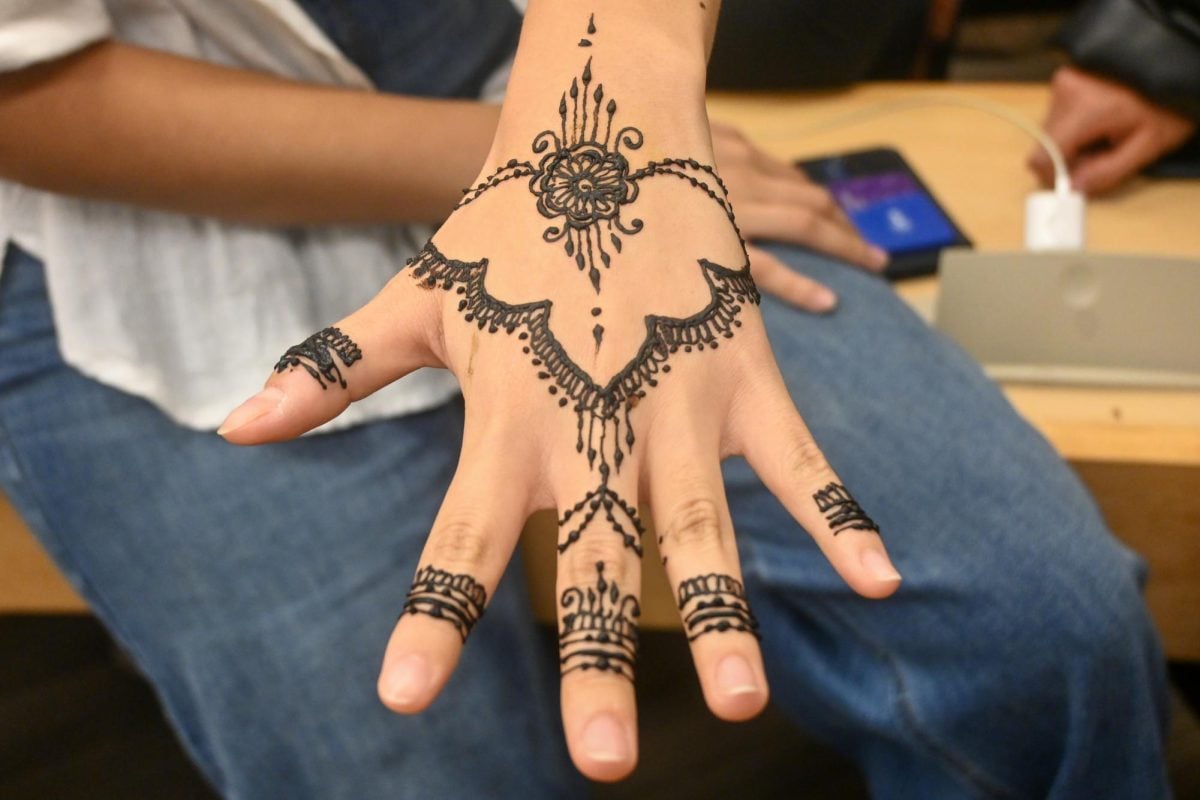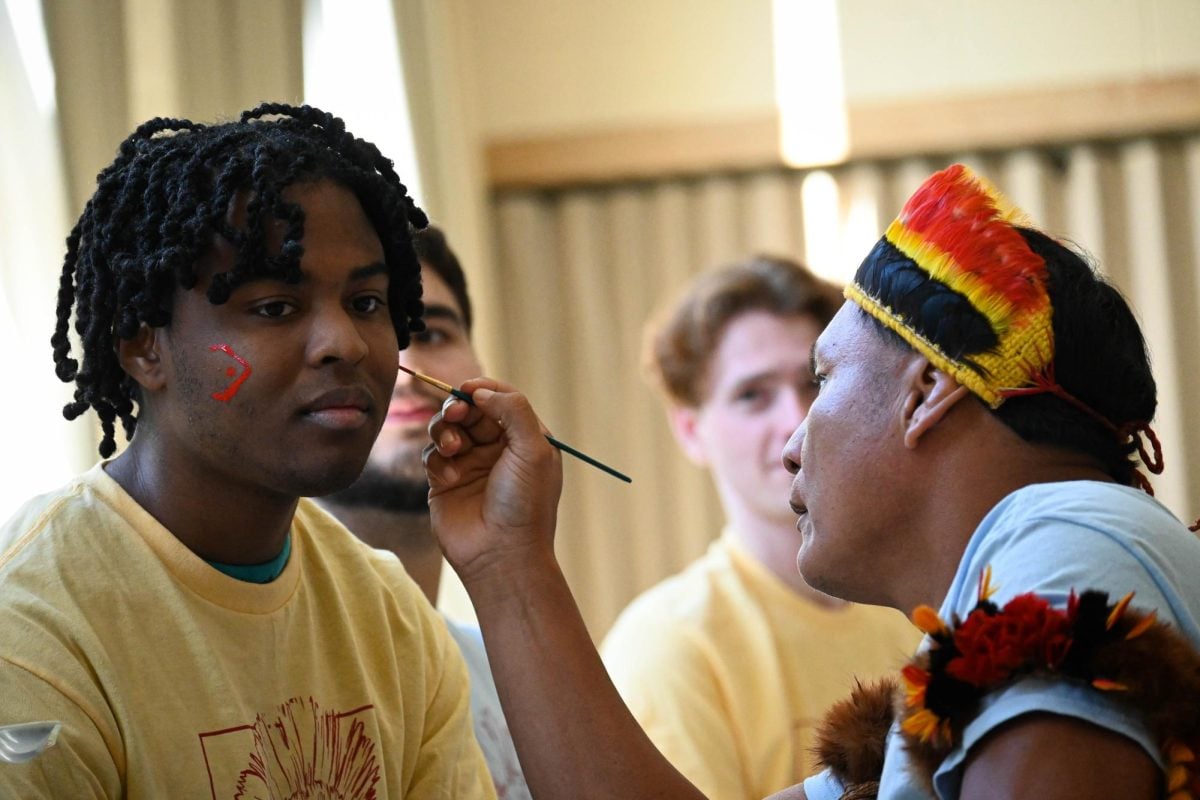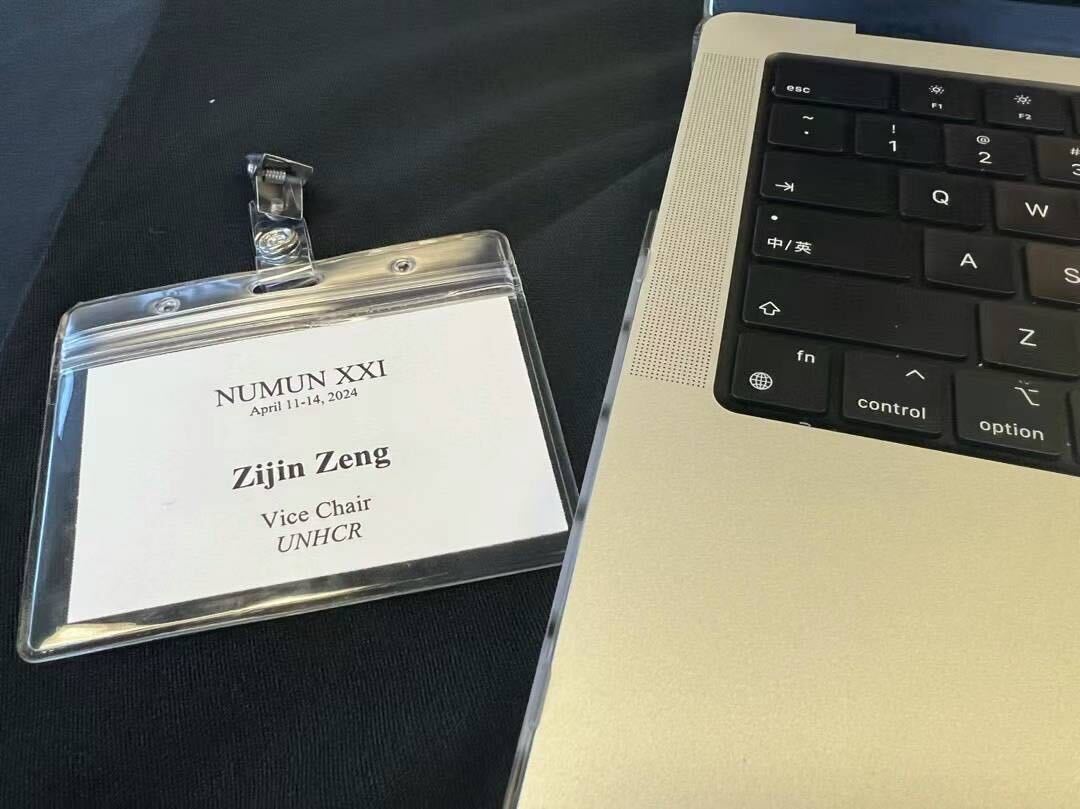Associated Student Government organized Thursday a question-and-answer session on the Social Inequalities and Diversities proposal with three faculty and staff members of the academics/education working group.
About 15 students asked questions and discussed concerns about the draft proposal with Mary Finn, associate dean for undergraduate academic affairs, Lesley-Ann Brown, director of the Office of Campus Inclusion and Community, and Louie Lainez, director of Asian and Asian American Student Affairs.
The academics/education working group under the University Diversity Council released in February a draft proposal for the creation of a Social Inequalities and Diversity requirement with curricular and co-curricular components. A potential course model that would fulfill both components would be a large lecture course paired with small discussion sections, said Finn. The requirement lists four primary learning goals that potential courses would need to meet.
One student, Weinberg junior Giovanni Delgado, expressed concern about how the requirement would be incorporated into already-existing distribution requirements. Finn emphasized that the requirement would not add an incremental course but could possibly be an additional distribution requirement. She said each school would reform its own curriculum to meet the requirement, which could result in creating new courses or changing the curricula of current courses. The proposal also includes the creation of a committee that would review and approve potential courses, Brown said.
Finn said because faculty largely control curricula, they will be crucial to the development of the requirement. The working group has been aiming to meet with faculty members, said Hayley Stevens, ASG associate vice president of diversity and inclusion.
“We haven’t yet gotten to professors in STEM fields, but we’re preparing for those, anticipating them to be more difficult than the other ones,” the Weinberg senior said.
Reflecting on the working group’s meeting with sociology and African American studies Prof. Mary Pattillo, Stevens said departments who were supportive of the proposal were mostly concerned about the practicality of implementing the requirement. Finn attested to having this concern for Weinberg.
“Because the proposal says students have to meet the requirement in their first two years, it means 2,000 students need to take a course,” she said. “It’s a problem of scale that we have to deal with.”
Another student asked why religion was excluded from the proposal. Finn said religion was largely absent from the conversation and encouraged students to probe faculty and staff in the working group about this concern. Although the original draft focused solely on race, she said the proposal was changed to include other inequalities.
“Students have brought issues of race inequality to us,” she said. “In return, our goal as educators is to expand those ideas.”
Jazzy Johnson, a Communication senior, said some students questioned the grading system the courses would have. They feared the requirement’s aim would be to “brainwash” people and force them to believe liberal ideas.
“Someone expressed that if you come a white supremacist and leave a white supremacist, you should still get the same grade,” she said.
Brown said she would not have supported the proposal if these fears were true.
“If the goal is to bring everyone to a left-leaning side, I’m uncomfortable with that,” she said. “But if the goal is to have students engage in issues on campus and learn from their peers, then I’m all for it.”
The proposal is unique because the requirement would allow students to not only discuss topics but also think about their position within the subject matter, Finn said. The incident regarding the ski team’s event where members wore racially insensitive costumes partially inspired the development of the proposal, she said.
“It looked like American know-nothing-ism, when Americans go abroad and are incredibly culturally insensitive,” she said.

